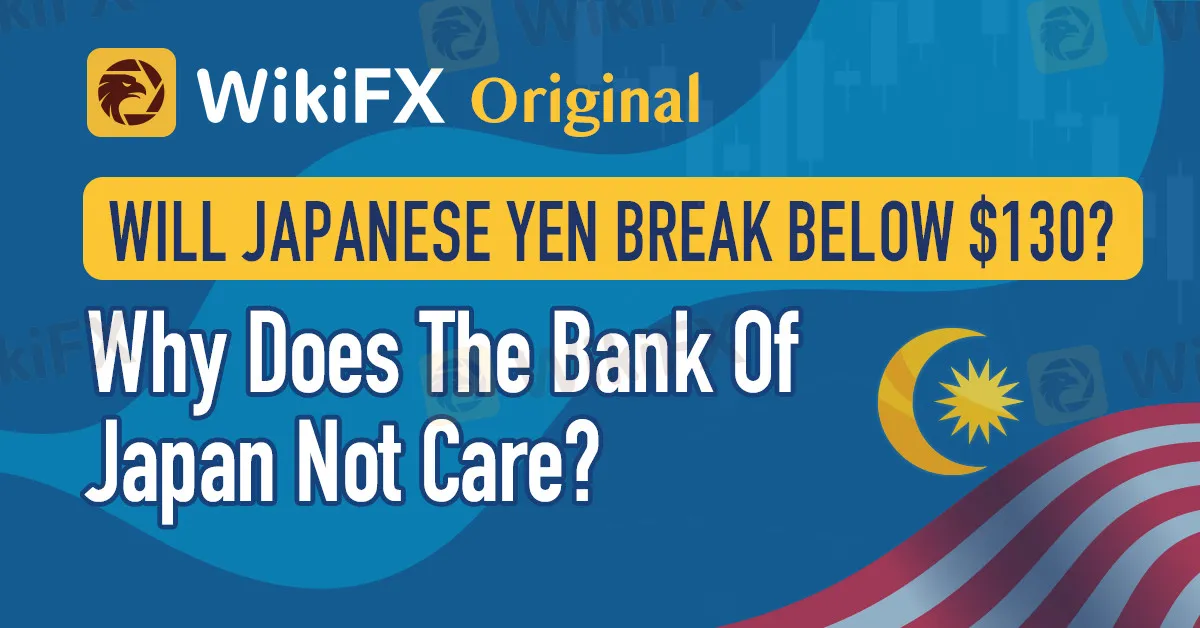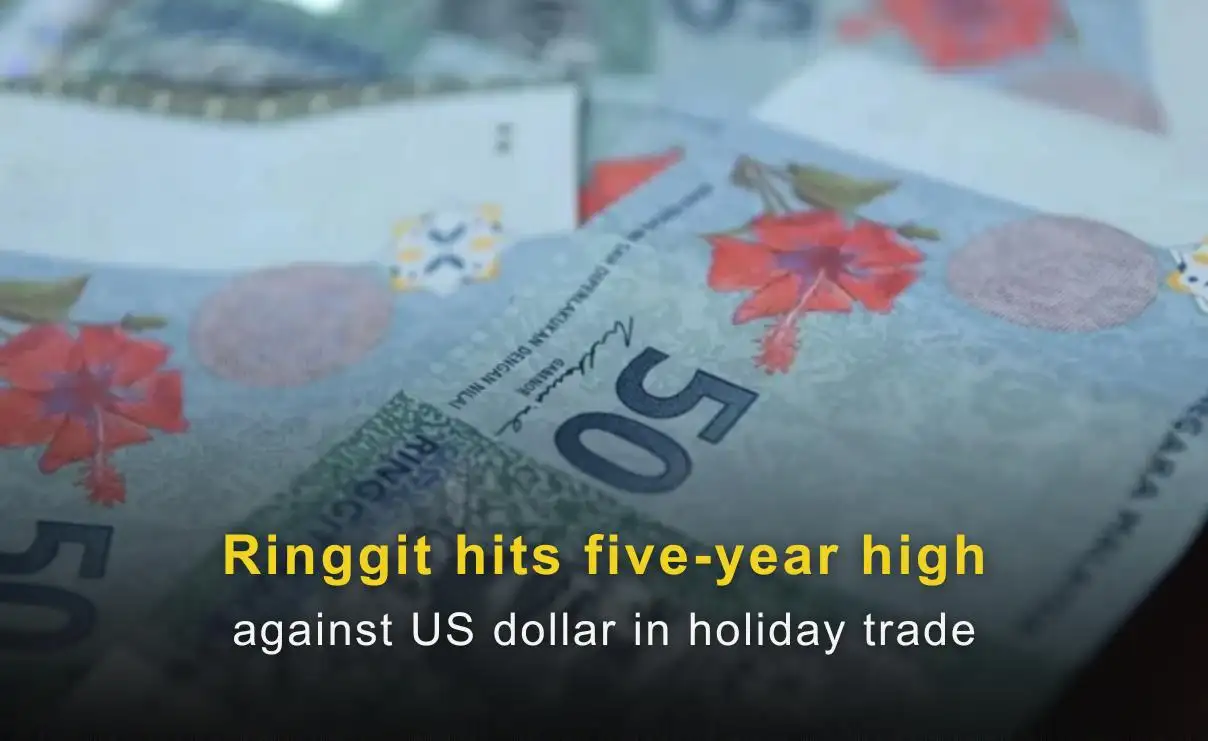Abstract:Japanese Yen is hovering around $130 looking to break this support key level anytime. However, the Japanese policymakers do not seem to be bothered much about this drop? Why is that?

<WikiFX Malaysia Original: Editor – Fion>
On Tuesday (10th May), the Japanese Yen plunged again recording a 20-year low while bringing USD/JPY to the 131.13 level.

Why is the Bank of Japan (BOJ) allowing the Yen to drop dramatically like this without any intervention?
The Bank of Japan executive director, Uchida Shinichi said that there is no plan to expand the long-term interest range, still defending its 0% interest rate target with 0.25% as an upper limit. He asserted that expanding the range of the target band will harm the economy.
The Bank of Japan continues to announce its firm decision of maintaining its accommodative monetary policy, which is contrary to the monetary policy of other central banks (including the Federal Reserve). For the time being, it seems like the Bank of Japan will continue to be unfazed by the drop in Yen.

According to the latest data from Japan's Ministry of Internal Affairs and Communications, in April, the Tokyo core CPI, which is a guide to Japanese prices, rose 1.9% year-on-year, compared with 0.8% in March, recorded the fastest growth rate since December 1992, excluding the impact of sales tax.
In other words, Japan's core CPI is a figure that is already very close to the Bank of Japan's price target of 2%, but the Bank of Japan does not seem to find this matter pleasing.
In response, the BOJ said it would still not tighten policy unless such cost-push inflation led to a wider range of price increases, accompanied by wage increases.
On the other hand, the Governor of the Bank of Japan, Haruhiko Kuroda, also publicly stated that the momentum of price increases in Japan remains weak because of the lack of solid domestic drivers such as wage growth, and therefore, the Bank of Japan needs to maintain an accommodative monetary policy.

Another factor that contributes to the recent plunge of the Yen is because of the divergence in monetary policies between BOJ and other central banks which increases the spread between the Yen and other currencies.
Japan's Finance Minister, Shunichi Suzuki, announced on Tuesday that Japan will communicate closely with the United States and other G7 members to discuss possible countermeasures in the event of a plunge in the Yen.
Seeing that the Yen‘s depreciation could increase consumer pressure among the Japanese citizens, Japan’s finance minister now started to urge the importance of keeping the Yen stable. However, forex analysts deduced that this attempt is just for ‘show’ as this verbal statement does not serve any major purpose in stopping the deterioration of the Yen nor in bringing a significant rebound in the currency.
<WikiFX Malaysia Original: Editor – Fion>













